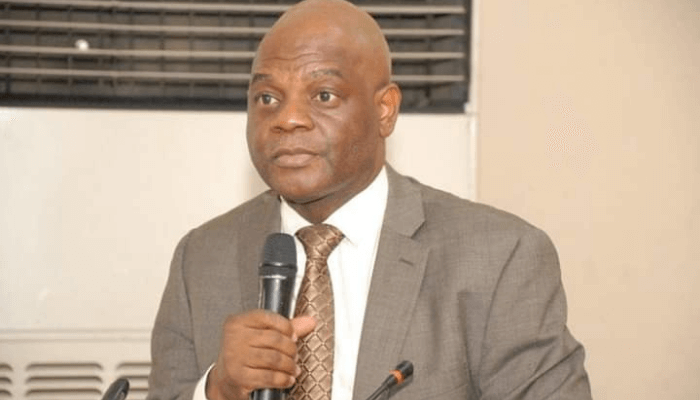Amid the shortage of housing deficits across higher institutions in Nigeria, the Tertiary Education Trust Fund (Fund) is exploring ways to build more students hostels.
Many students pursuing higher education especially, in public universities, are facing serious accommodation crisis, while residential facilities in most of the public universities fall far short of the demand from students.
Accommodation has therefore become a big concern for students pursuing higher education, especially for those who come from rural areas or moved from one city to another.
To curb the ugly trend, the executive secretary of TETund, Architect Sonny Echono, who spoke in an interview with LEADERSHIP, said the Fund is intervening in the issue of hostel accommodation.
He said, “The issue of hostel accommodation is something we’ve done a lot of research and also, we are now intervening.
“It is true that many of our institutions only roughly between 15 to 20% of the students housed on campus and this is not acceptable and just as i said, exposing them to all sort of vices.
“Even the fact that you will have to be live in class in school, to their accommodations at nights and all of that and you don’t really know what happens to them when they leave because they can also be impersonated and all sort of devices.
“You have cases of students participating in armed robbery. Students Engaged in drug trafficking and all sorts of dishonorable behavior especially ladies and so on. So yes, we prioritize the issue of hostel of accommodation.
“And as I speaks, the project I went to commission in Makurdi, two of them are hostels and currently, this year alone I think the number of hostels that would be commencing in various institutions are in excess of more than thirty,” he said.
The TETFund boss also stressed the need for Public Private Partnerships in addressing the hostel accommodation crisis across tertiary institutions.
He added, “We believe that the hostels are an area where the private sector can collaborate with institutions. So we’re encouraging institutions to go into PPP arrangements.
“They can provide the land on the campus and then moderate the cost to the student because they also guarantee that they will have enough students to occupy it, which is one of the factors when you’re investing in the hostel.
“And so once the schools are able to provide the land and guarantee the students and help the eventual operator in even collecting the rent together with school fees, then they will be able to mobilize their resources to put up to back structure, get a Facility Manager to run it and that way you can increase the number of hostels available so we’re telling them apart from our own intervention, explore these private public partnerships also so that you can have more much as possibility for majority of our students to be able to operate on campus. So it’s something we’re doing,” Echono said.
Speaking his journey since taking over as executive secretary of the Fund, Echono said his administration is committed not only to delivering projects promptly, but also stepping up the quality of construction.
“When I came on board I made the point very clear that given my projects background it’s absolutely imperative that the quality of our projects will have to showcase the fact that professionals in that area are in charge, and my help retains the institution. I also conveyed across all our contractors.
“We issued deadlines, and on our own we also make promises we held ourselves accountable to commit require committed for any for any submission that comes to us will complete all the processes including going to visit site and assessing and making processing deployment within two weeks.
“We have been holding ourselves to that standard. It has always been the tradition and I’ve been very lucky to have very committed staff. So my staff has been wonderful when I give them the chance, and I can see the enthusiasm which features the robust reports I receive. We are liberated up to see and that dashboard you see there I can actually monitor all our projects across our beneficiary institutions right there and then and I can talk in real time and they even upload the photographs of the picture into a project.
“And I have that right to the heads of institutions. We met and we have a timetable that will take us all the way to April of next year, meetings with institutions to address issues around what we call distressed projects. Projects that have not been moving very well or that ought to have been completed but are not yet completed or those that have contractual disputes,” he said.
He further said it is also meeting with experts for good planning and procurement staff, sticking with their own to see how the Fund can work out to complete all the ongoing projects.





